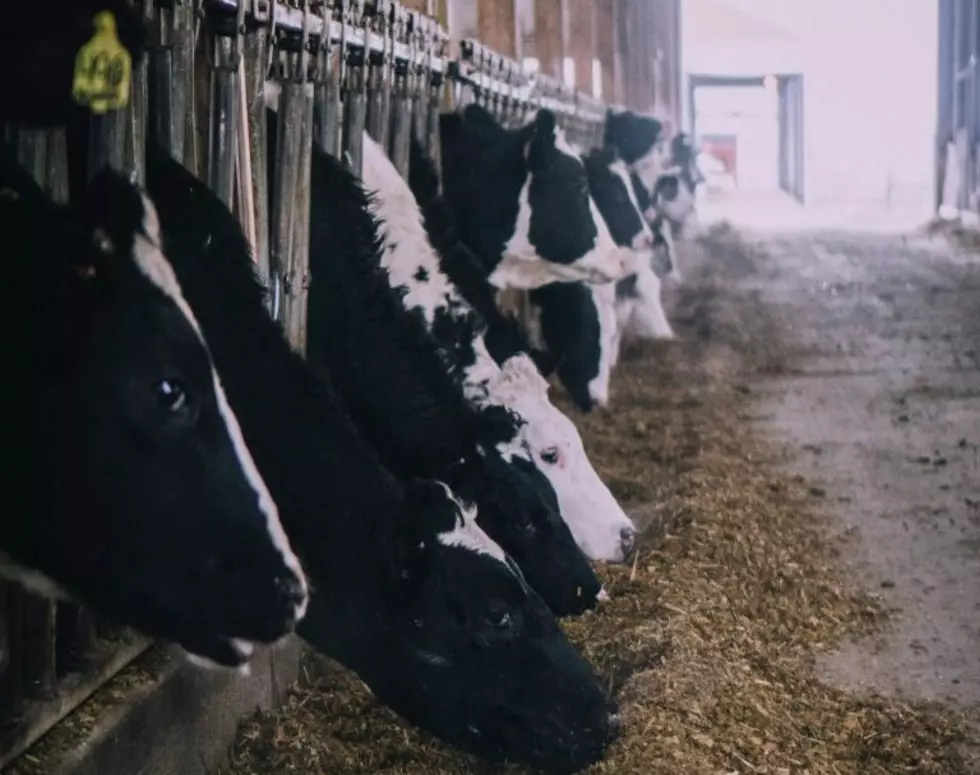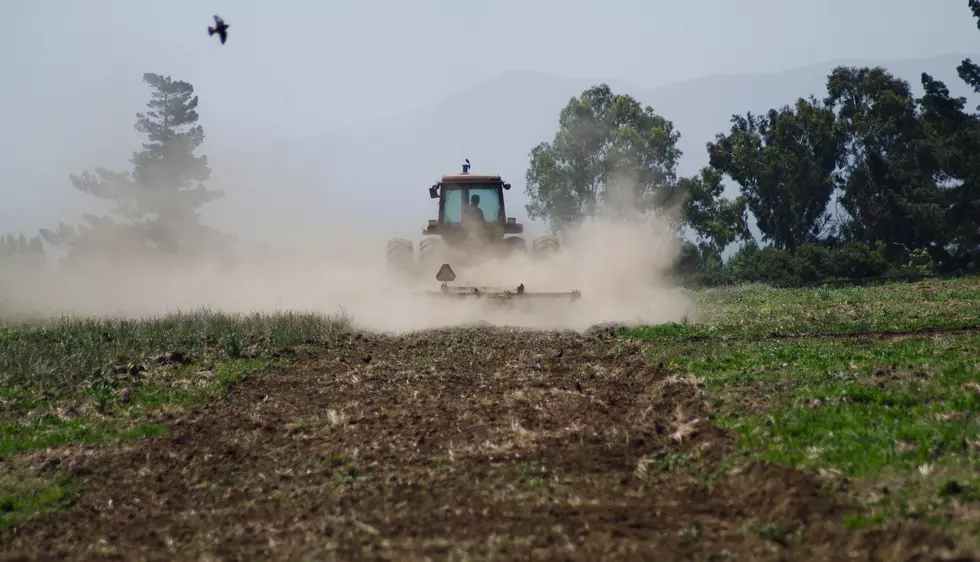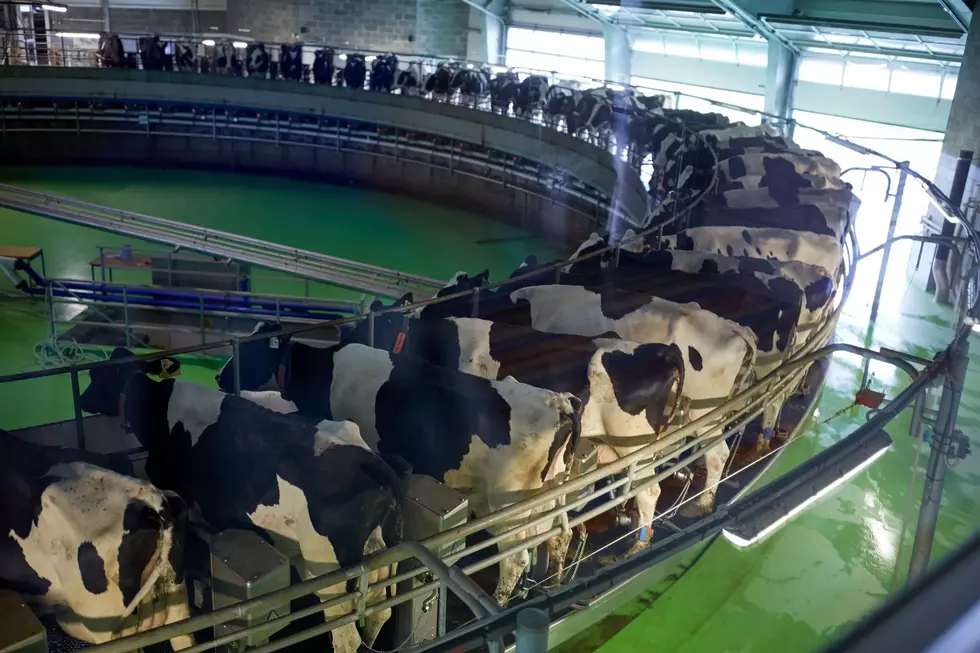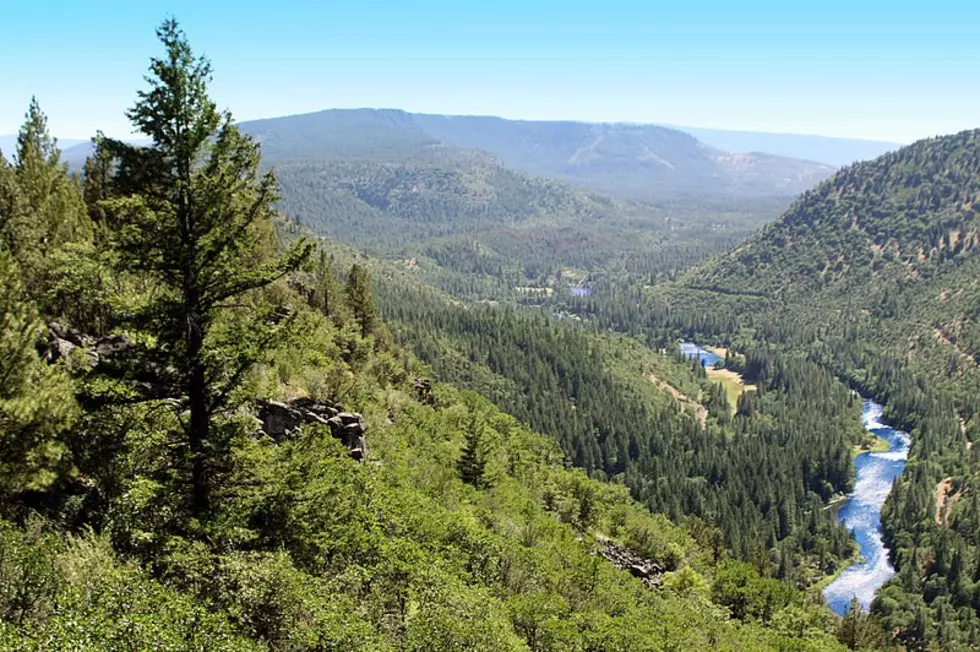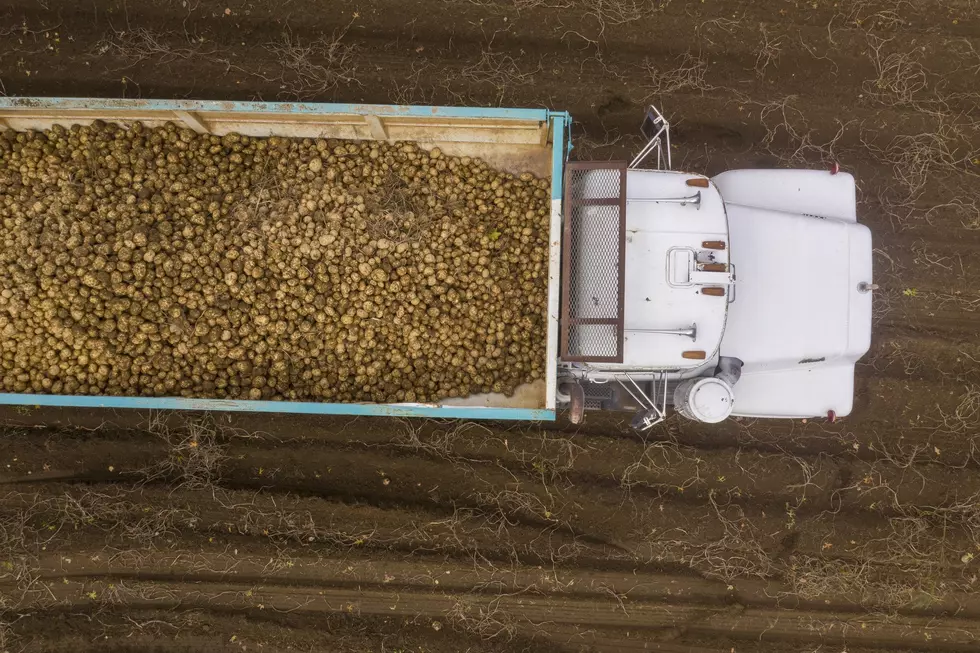
OSU Looks To Improve The Carbon Footprint Of Potato Growers
Oregon State University has been awarded $50 million by the USDA to work with potato farmers to reduce their carbon footprint. The Pacific Northwest accounts for roughly 60% of potatoes grown in the United States, and spuds are a $2 billion dollar crop locally in the Pacific Northwest but harvesting spuds creates a lot of soil disturbance. OSU project Leader Jeff Steiner said there are ways to improve soil health during those off-years.
“To insert in a cover crop, when the crop itself is not being grown [or] when the soil may be bare during the winter, depending on the type of crop that’s being grown. So that’s one way to increase the amount of carbon, organic matter that’s put back in the crop. You could look at mulching of residues and so forth, that would also increase, as well as there are potato farmers that are bringing in manures and other compost materials.”
Steiner added their goal of the new “Climate Smart Potato” initiative is to improve overall soil health year round.
“When you harvest the crop, there’s a lot of soil disturbance and so that will basically reduce the amount of carbon that’s in the soil, release some greenhouse gasses. And so, when you look at the other three years that the rotation crops are grown, that poses a real good opportunity to do more enhancement of the soil carbon.”
OSU will also work with tribal nations to enhance their growing practices. Steiner said the five-year pilot project could also help farmers reduce overall production costs.
If you have a story idea for the PNW Ag Network, call (509) 547-1618, or e-mail glenn.vaagen@townsquaremedia.com
More From PNW Ag Network




